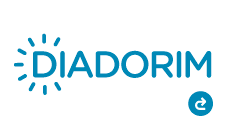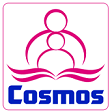ACADEMIC ADAPTATION EXPERIENCED BY STUDENTS ENTERING AN EDUCATIONAL INSTITUTION IN THE INTERIOR OF ESPÍRITO SANTO WITH INNOVATIVE CURRICULUM
Abstract
This study aimed to identify factors that affect the adaptation of incoming students to an innovative curriculum. Quantitative research was conducted with a focus on incoming students at a college in the interior of Espírito Santo. The Academic Experiences Questionnaire, reduced version (QVA-r), comprises 55 items and 5 dimensions: personal, interpersonal, career, study, and institutional. The data were analyzed using statistical procedures in the JASP 0.17.2.1 software. The study was conducted with 199 students across various courses: Information System, 2.5% (n = 5); Nursing, 6.0% (n = 12); Psychology, 30.7% (n = 61); Administration, 2.0% (n = 4); Law, 1.0% (n = 2); Pharmacy, 2.5% (n = 5); Physiotherapy, 9.0% (n = 18); Medicine, 2.5% (n = 5); Veterinary Medicine, 19.6% (n = 39); Nutrition, 3.5% (n = 7); Dentistry, 20.6% (n = 41). The sample consisted of 67.8% (n = 135) female, 30.7% (n = 61) male, and 1.5% (n = 3) non-binary participants. Medicine and Physiotherapy students demonstrated the highest adaptation rates in Career and Institutional dimensions. The findings suggest that learning resources contribute to students’ psychological well-being, and students’ perceptions and appreciation of the college appear to be associated with their expectations. The results indicate a particular emphasis on adaptation in relation to Career and Institutional dimensions. The implementation of an innovative curriculum yielded positive outcomes.
Downloads
Published
How to Cite
Issue
Section
License
Copyright (c) 2025 UNESC em Revista

This work is licensed under a Creative Commons Attribution-NonCommercial 4.0 International License.


















